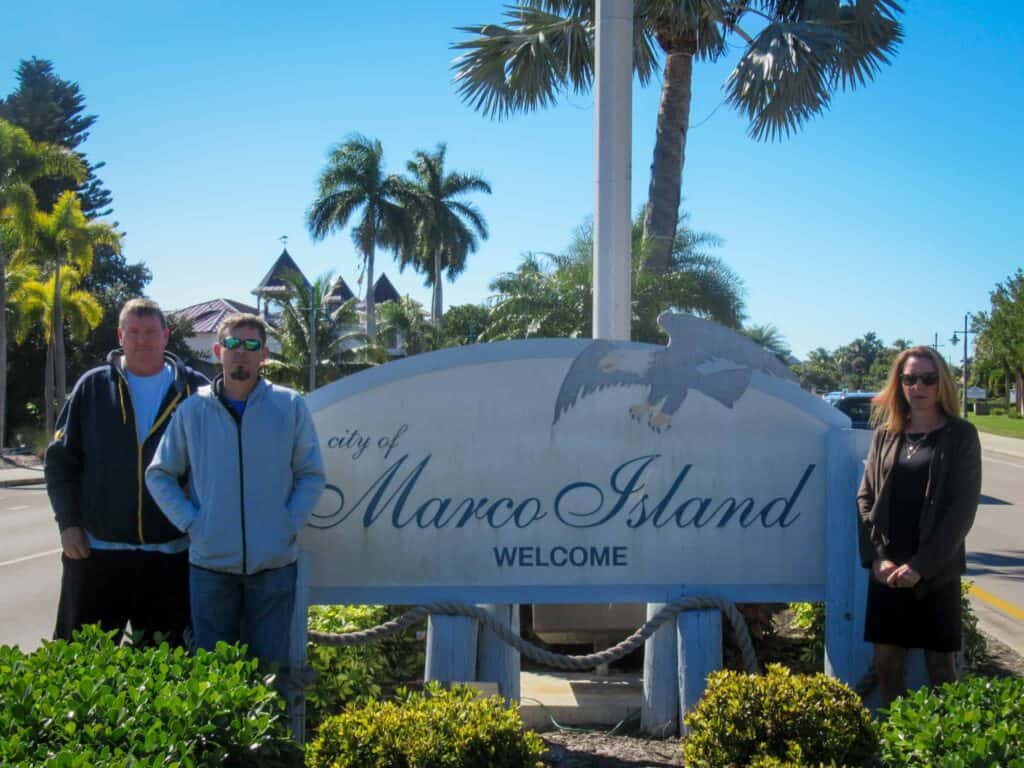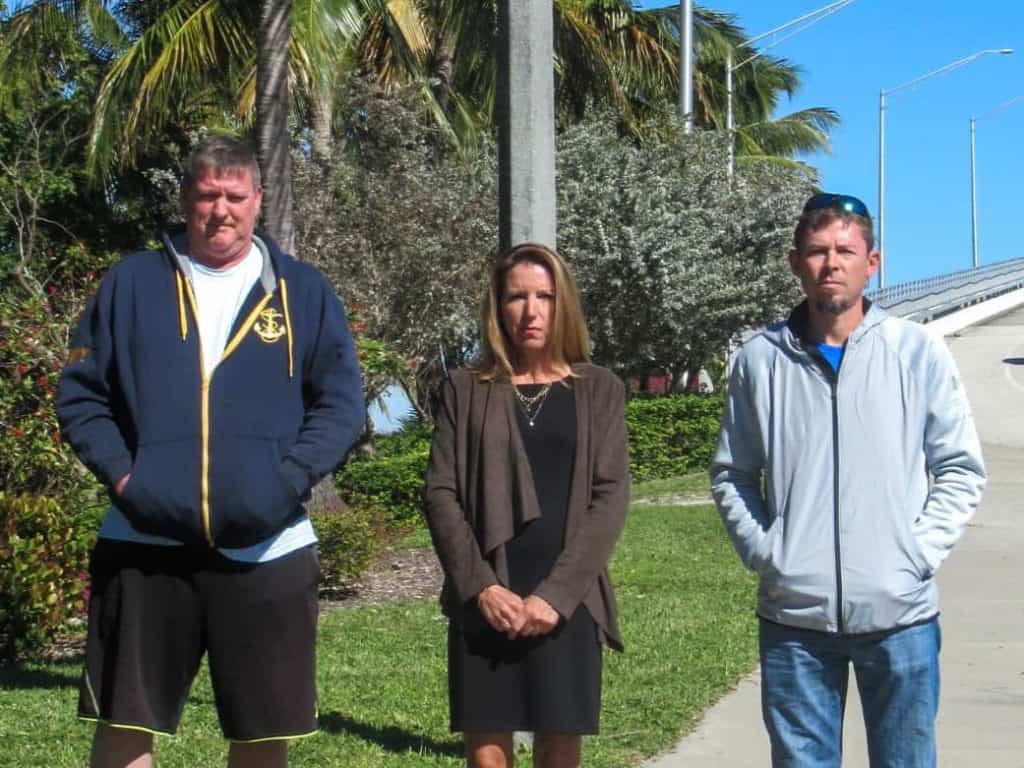Cases
Schemel v. City of Marco Island
CASE SUMMARY
By strategically placing and operating automated license plate recognition (ALPR) systems on each of the bridges leading into and out of Florida’s Marco Island since April 2021, the city has logged the location and movement of everyone who drives across them. The city retains ALPR data for three years. Most ALPR-generated data has no connection with criminal activity, but Marco Island has shared all information gleaned from its ALPRs with law enforcement agencies across the country. On behalf of clients Shannon Schemel, Stephen Overman, and Michael Tschida, NCLA argues this constant surveillance constitutes an unwarranted invasion of personal privacy, violating both the U.S. and Florida constitutions.
The city indicated that police plan to use the ALPR system not only to investigate and uncover criminal activity but also to “deter” misconduct that has not yet occurred. The city states that it intends to do more than simply await evidence that a traffic infraction or crime has been committed—and then search its database for evidence. The city intends to “proactively reduce crime and traffic incidents before they occur.”
The U.S. Supreme Court has already found that the Fourth Amendment protects the privacy of one’s physical location and movements. People do not surrender that privacy right simply by moving along public roads or are otherwise entering the public sphere. While government surveillance of individuals for short periods as they travel in public does not implicate the Fourth Amendment, the surveillance becomes a “search” when the government gathers information about an individual for an extended period of time—and thereby opens an intimate window into their life. Such searches are presumptively unlawful unless police first obtain a judicial warrant supported by probable cause. The Florida Constitution was amended in 1980 to provide even stronger privacy protection than the Fourth Amendment does.
RELEVANT MATERIALS
NCLA FILINGS
Order of the U.S. District Court for the Middle District of Florida
October 17, 2025 | Read More
Plaintiffs' Supplemental Brief on New Authorities
May 21, 2024 | Read More
Plaintiffs’ Opposition to Defendant’s Motion to Dismiss First Amended Complaint
May 8, 2023 | Read More
Defendant's Motion to Dismiss First Amended Complaint
April 4, 2023 | Read More
First Amended Complaint
March 7, 2023 | Read More
PRESS RELEASES
NCLA Suit Says Marco Island, FL Defied 4th Amendment, Captured ALPR Driver Data Sans Warrants
February 7, 2022 | Read More


